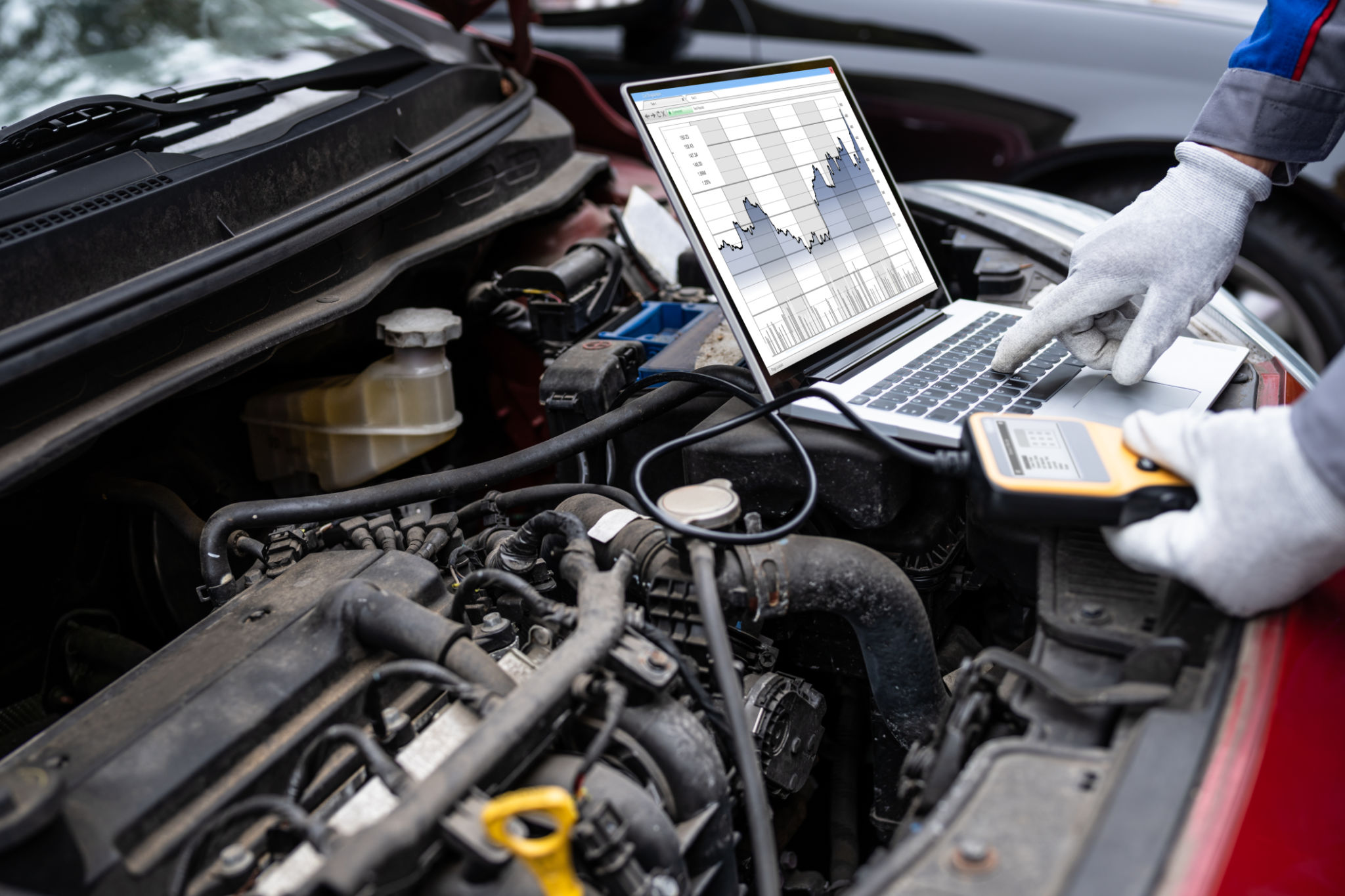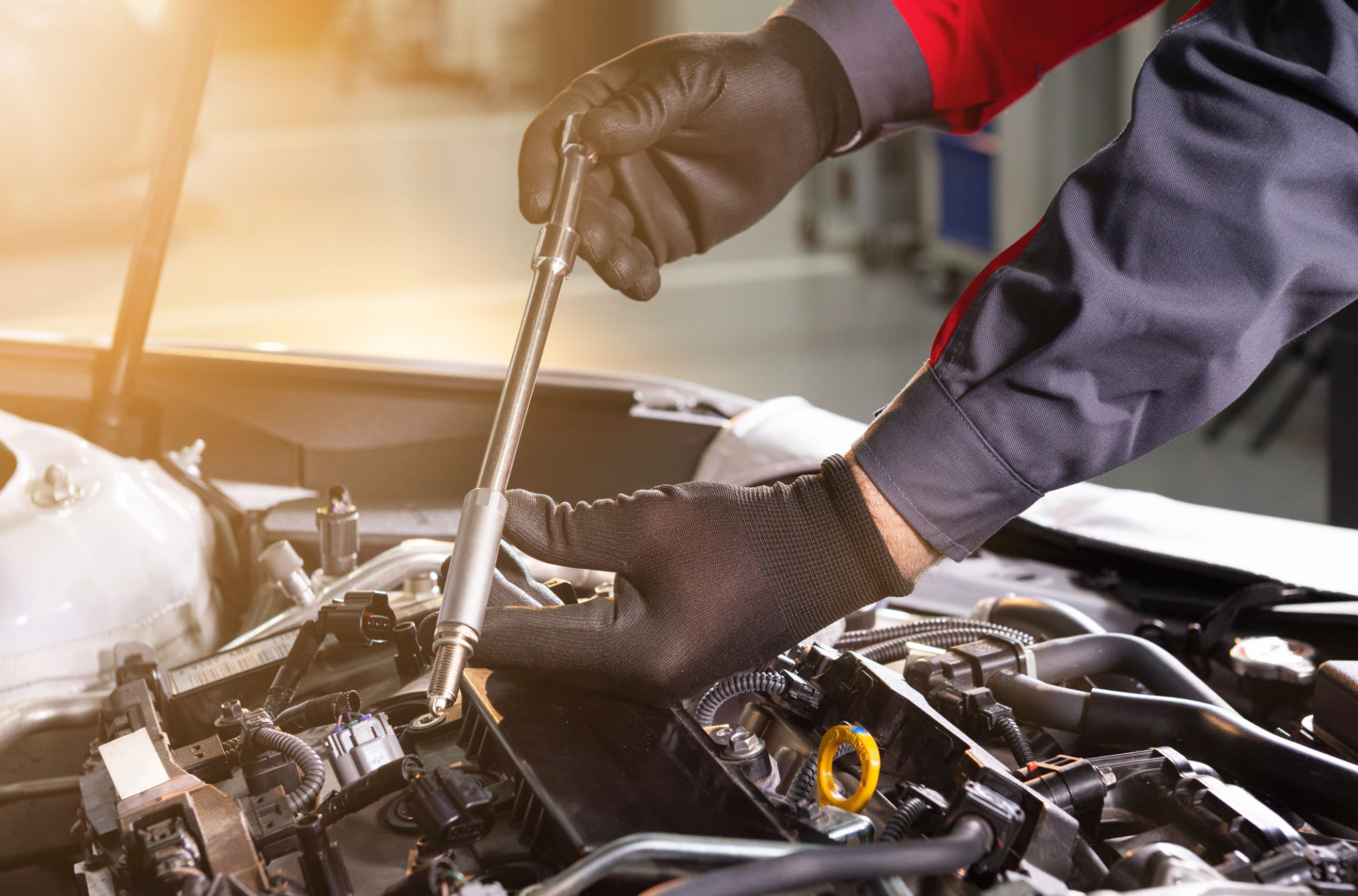Digital Vehicle Diagnostics: Trends Changing Car Repair Services
JG
The Rise of Digital Vehicle Diagnostics
In recent years, the automotive industry has witnessed a significant transformation, primarily driven by advancements in technology. One of the most notable developments is the rise of digital vehicle diagnostics, which is reshaping how car repair services are conducted. With the integration of sophisticated software and cutting-edge tools, diagnosing vehicle issues has become more efficient and accurate.
Digital diagnostics tools provide mechanics with a comprehensive understanding of a vehicle’s health. These systems can pinpoint problems that might not be visible to the naked eye, ensuring that issues are addressed before they escalate into more significant, costly repairs. This shift is not only enhancing service quality but also significantly reducing the time spent on diagnostics.

Trends Shaping the Future of Car Repairs
Emphasis on Predictive Maintenance
One of the most transformative trends in digital vehicle diagnostics is the emphasis on predictive maintenance. This proactive approach allows mechanics to anticipate potential issues and address them before they result in breakdowns. By analyzing data collected from sensors and onboard diagnostic systems, mechanics can schedule maintenance at optimal times, extending the lifespan of vehicle components and improving safety.
Integration of Artificial Intelligence
Artificial intelligence (AI) is playing a crucial role in enhancing digital diagnostics. AI algorithms can analyze vast amounts of data, identifying patterns and suggesting solutions that might not be immediately apparent to human technicians. This integration allows for more precise diagnostics, helping to reduce human error and improve repair outcomes.

Benefits for Consumers and Repair Shops
Digital vehicle diagnostics offer numerous benefits to both consumers and repair shops. For car owners, these advancements mean more reliable vehicles and fewer unexpected repairs. The ability to detect issues early translates to cost savings and peace of mind. Moreover, the use of digital diagnostics often leads to quicker service turnaround times, getting drivers back on the road faster.
For repair shops, adopting digital diagnostics tools can lead to improved efficiency and customer satisfaction. Mechanics can handle more cases in less time, increasing throughput and profitability. Additionally, offering state-of-the-art diagnostics services can set a repair shop apart from competitors, attracting tech-savvy customers who value precision and speed.

Challenges in Adopting Digital Diagnostics
Despite the many advantages, there are challenges associated with adopting digital diagnostics in car repair services. One significant barrier is the initial investment required for advanced equipment and training. Repair shops must ensure their staff are well-versed in using these new technologies to realize their full potential.
Furthermore, as vehicles become more complex with integrated digital systems, there is an increasing need for specialized knowledge to interpret diagnostic data accurately. This demand for expertise can necessitate continuous training and education for mechanics.
The Road Ahead
The future of car repair services is undeniably intertwined with digital vehicle diagnostics. As technology continues to evolve, we can expect further innovations that will streamline the repair process and enhance vehicle reliability. Repair shops embracing these trends will likely enjoy a competitive edge, while consumers can look forward to more dependable and efficient service experiences.
In conclusion, digital vehicle diagnostics are not just a trend but a necessity in modern car repair services. As the automotive landscape continues to shift towards smarter, more connected vehicles, staying updated with these technological advancements will be crucial for both service providers and consumers alike.
